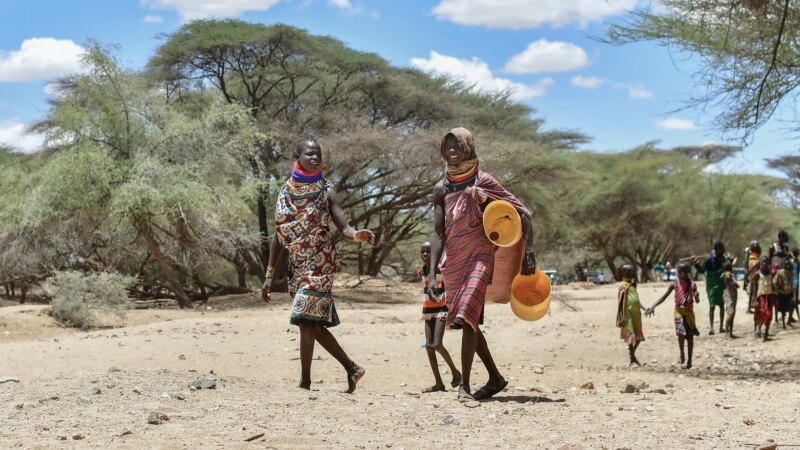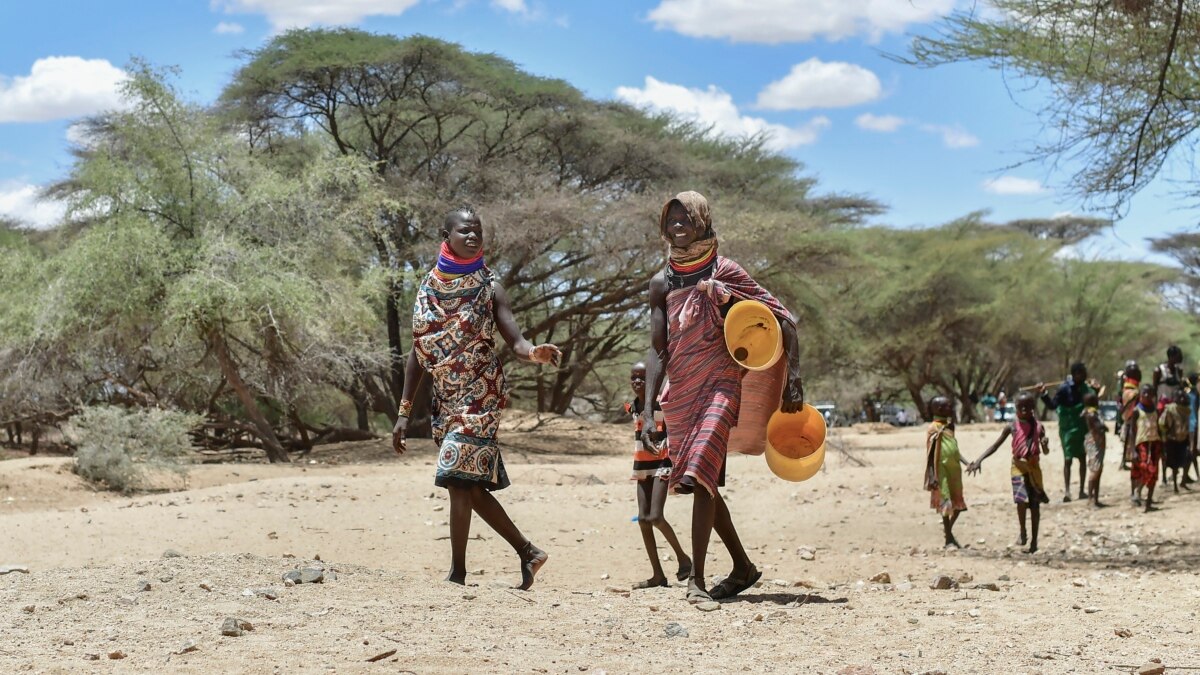This website uses cookies so that we can provide you with the best user experience possible. Cookie information is stored in your browser and performs functions such as recognising you when you return to our website and helping our team to understand which sections of the website you find most interesting and useful.


Kenyan authorities have announced plans to lift the country’s ban on genetically modified crops, in part to deal with a record drought that is causing hunger across the Horn of Africa. The move is opposed by those concerned about potentially harmful effects on health, the environment and small farms. But supporters say lifting the ban will improve food security.
Speaking earlier this week, Kenyan President William Ruto said lifting the ban on genetically modified organisms is part of the government’s response to the drought ravaging the country.
Anti-GMO groups have faulted the move to lift the ban, citing concerns about potential harmful effects on Kenyans’ health and agriculture.
At a press conference in Nairobi, more than 10 civil society organizations asked the government to reinstate the ban and look for alternative solutions to the challenges of food security in the country.
Ann Maina is national coordinator of one of the groups, the Biodiversity and Biosafety Association of Kenya.
“There’s so much controversy related to this,” Maina said. “It is important that we as Kenyans do not open the door to a situation where we can see more challenges of health, environment and socioeconomic concerns affecting the Kenyan population.”
Kenya has prohibited cultivation of genetically modified crops and the importation of food crops and animal feeds produced through biotechnology innovation since 2012.
The move followed a controversial study in France that linked GMO products to cancer. The study was later discredited and removed from the publishing journal.
The government’s move paves the way for importation of GMO products, which the government says will help boost food security.
Dr. Roy Mugiira is CEO of the National Biosafety Authority of Kenya, the government agency that oversees genetically modified organisms in the country.
Lifting the ban won’t just help Kenya, he said, but other countries in the region that are experiencing drought.
“[Kenya and other countries] will be able to access emergency food aid through the United Nations’ World Food Program,” he said.
A number of African countries, including Kenya’s neighbors Tanzania and Uganda, have bans on genetically modified agriculture. The lifting of the ban in Kenya is already causing jitters, with Tanzania stepping up vigilance on GMOs following Kenya’s move.
A 2021 survey by Route to Food found that 57% of Kenyans are not willing to consume genetically modified food.
Nairobi resident Adeti Mahaga falls into that category.
“Right now, the world is really struggling to control cancer, this fight against cancer,” Mahaga said. “So, a lift on GMO with a reason of trying to make food accessible to all Kenyans is like throwing Kenyans’ lives to the gutters, because that means in three years we’ll be registering very, very high cases of cancer.”
Experts at the Texas-based MD Anderson Cancer Center and other major research institutions say there is no proven evidence of a link between genetically modified foods now on the market and risk of cancer.
Jeremy Omondi of Nairobi said he might support the move.
“Right now, we have people that are really suffering from drought,” he said. “They don’t have food, they don’t have water. And if that is the only way that the government can ensure that there’s enough food for all Kenyans across the country, then I will support it.”
U.N. relief organizations said last week that Kenya’s food security situation is likely to get worse in coming months because of continued poor rains and high food prices. It said an estimated 4.4 million people likely will need some kind of aid.



 Africana55 Radio
Africana55 Radio 
